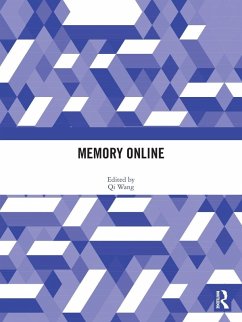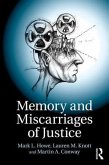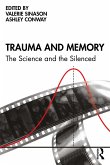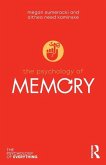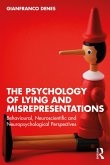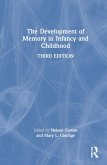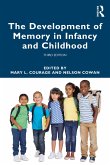This book presents cutting-edge research on memory in the age of the Internet and social media. The empirical studies reported in the ten chapters address the influence of the digital age on remembering in three broad areas: offloading memory and the associated costs, benefits, and boundary conditions; autobiographical memory online; and false memory at a time of fake news and misinformation.
These studies employ innovative and rigorous methodological approaches that are ecologically valid in the online context. Their findings reveal complex and dynamic characteristics of human memory in a digitally mediated world that shapes our learning, our sense of self, and our beliefs and decision making. Collectively, the chapters in this volume provide rich theoretical insights into the workings and functions of memory. This book ushers in a new era of research on memory in the age of digitization.
Memory Online will be a beneficial read for students and scholars of Psychology, Cognitive Science, Communication, and Media Studies. The chapters in this book were originally published as a special issue of Memory.
These studies employ innovative and rigorous methodological approaches that are ecologically valid in the online context. Their findings reveal complex and dynamic characteristics of human memory in a digitally mediated world that shapes our learning, our sense of self, and our beliefs and decision making. Collectively, the chapters in this volume provide rich theoretical insights into the workings and functions of memory. This book ushers in a new era of research on memory in the age of digitization.
Memory Online will be a beneficial read for students and scholars of Psychology, Cognitive Science, Communication, and Media Studies. The chapters in this book were originally published as a special issue of Memory.

